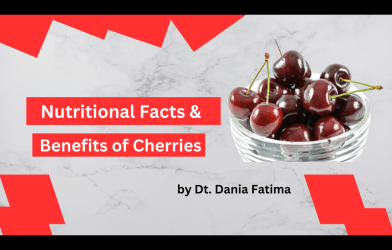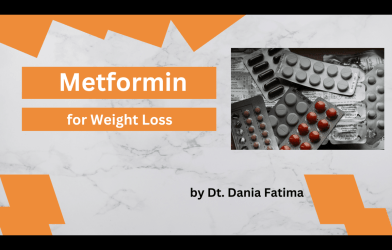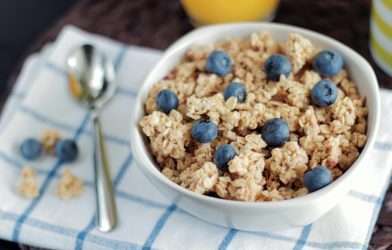Introduction:
Nutritional Benefits of Watermelon. Watermelon is a very sweet and watery fruit in the summer season. Its outer hard covering helps it remain fresh for a long time and keeps it protected. Watermelon is mostly grown in California, Georgia, Florida, Arizona, and Texas, which are in the United States. Watermelon belongs to the Curcubitaceae¬†family.Its scientific name is Citrullus lanatus.In Pakistan, watermelon is most abundantly grown in Punjab and Balochistan. Mini, seeded, seedless, yellow, and orange are the main five types of watermelon.¬
Nutritional Profile:¬
The watermelon serving size is 1 cup. And 1 cup of watermelon is 155 g. It means we can eat one serving of watermelon per day as a snack. 1 cup of watermelon contains;
- Energy: 46.2 kcal
- Carbohydrates 19.6g
- Fiber 0.6g
- Calcium 10.8g
- Phosphorus 16.9mg
- Magnesium 15.4mg
- Potassium 172mg
- Vitamin C: 12.5 mg
- Folate 4.6mcg
- Choline 6.3mg
- Vitamin A (43.1 mcg)
- Beta-carotene (467 mcg)
- Lutein and Zeaxanthin: 12.3 mcg
- Lycopene 6980mcg
- Phytosterols 3.08
It also contains B.
vitamins, zinc, and some important amino acids. Watermelon contains 90% water.
that keeps you hydrated for a longer time, and it also provides many important
vitamins and minerals. Watermelon should be hard and have no soft
body.¬
¬
Digestion:¬
Watermelon is loaded with a good amount of water and a low amount of fiber that makes your stools smooth, easy to pass, and improves bowl movements. It makes you regular for passing stool, and its water helps the body¬† remove waste from the body. And it also keeps you away from constipation and acidity by making your gut healthy and strong.¬
Asthma Prevention:
Due to the good amount of vitamin C in watermelon, in some cases, it prevents asthma. Vitamin C acts as an antioxidant, and it reduces free radicals in the body that minimize oxidative stress and provide prevention.¬
Maintains high blood pressure:
It contains potassium which balances sodium level in body and keeps you pressure of blood normal and heart performs good function. It also helps to reduce bad cholesterol and improve the level of good cholesterol. It also has diuretic properties that make kidney patients healthy.
Brain and Nervous System:¬
Watermelon contains choline, which is good for brain functions like muscle movement, learning and memory, maintaining cell membrane structures, nerve impulses, and brain development, as well as improving cognitive abilities.¬
Skin Glow:
Watermelon consumption on a daily basis provides you with a with a magical skin glow and makes you look brighter. It also reduces age factors and makes you look more beautiful.¬
Can a diabetic patient take watermelon?
Fruits contain natural sugar, which is good for diabetic patients if they eat them in moderation. And 100 g of watermelon is enough for a diabetic patient at a time.¬
Watermelon can be used as a slice of food, in salads, in juice form, or in making different smoothies.¬


















